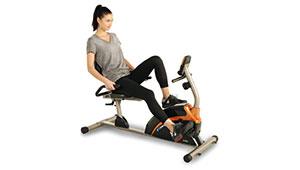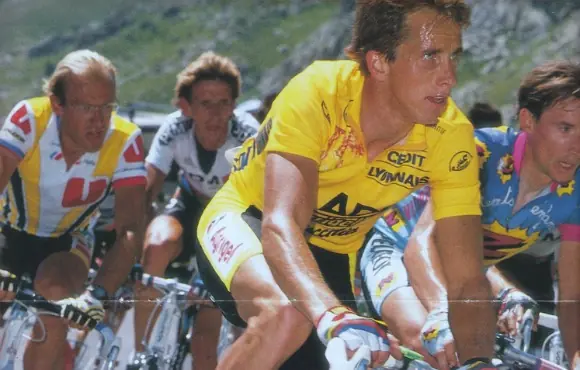
Every endurance athlete of every level has unfortunately experienced a bonk. The bonk, also known as hitting the wall, is a feeling that comes on fast and hard when your body runs out of energy. It is almost impossible to come back from a bonk, making it a total performance killer. Once you bonk, you know it is something you never want to experience again, but to effectively prevent it, you need to know why it happened in the first place.
Know Your Needs
Endurance athletes need to take in enough carbohydrates pre-workout for the body to have the energy it needs to go the distance. Depending on your training, you could need anywhere from 3 to 12 grams of carbohydrates per kilogram of body weight per day, including roughly 45 grams of carbs per hour during training. Working with a sports dietitian can help you break down the carb guidelines to make sure you know how many carbohydrates your training requires.
Track Your Intake
You can't know if you're hitting your goals if you don't track it. Use an official food tracking app or a simple pen and piece of paper. Either way write down what you eat, and figure out if it matches your needs. If you're coming up short on total energy intake or carbohydrate intake, start increasing it.
Timing Is Everything
If you're bonking but taking in enough energy each day, you might be taking it in at the wrong time to effectively fuel your performance. Many athletes limit intake before and during training in an attempt to cut calories only to overeat later on. Instead, give your body energy when it needs it; before and during your sessions.
Pack Your Pockets
If you don't bring the fuel along, you can't consume it. Know what you probably need to accomplish the effort and then grab a little extra. You will never regret coming home with an extra gel, but you will definitely regret not having one when you need it.
Start Early
Bonking happens when you dig yourself in too deep of a hole. Don't wait until you're almost finished with the effort to take in energy. If you're out for a long hard effort, start taking in fuel immediately and steadily throughout the entire effort.
Hydrate
Eating enough is only part of the solution. Extra carbohydrates take extra water to digest. Not only that, but your body needs to be hydrated to not fatigue. Aim to take sips of water along with appropriate electrolytes consistently throughout your training session.
READ THIS NEXT: How to Avoid Bonking
About the Author









Discuss This Article